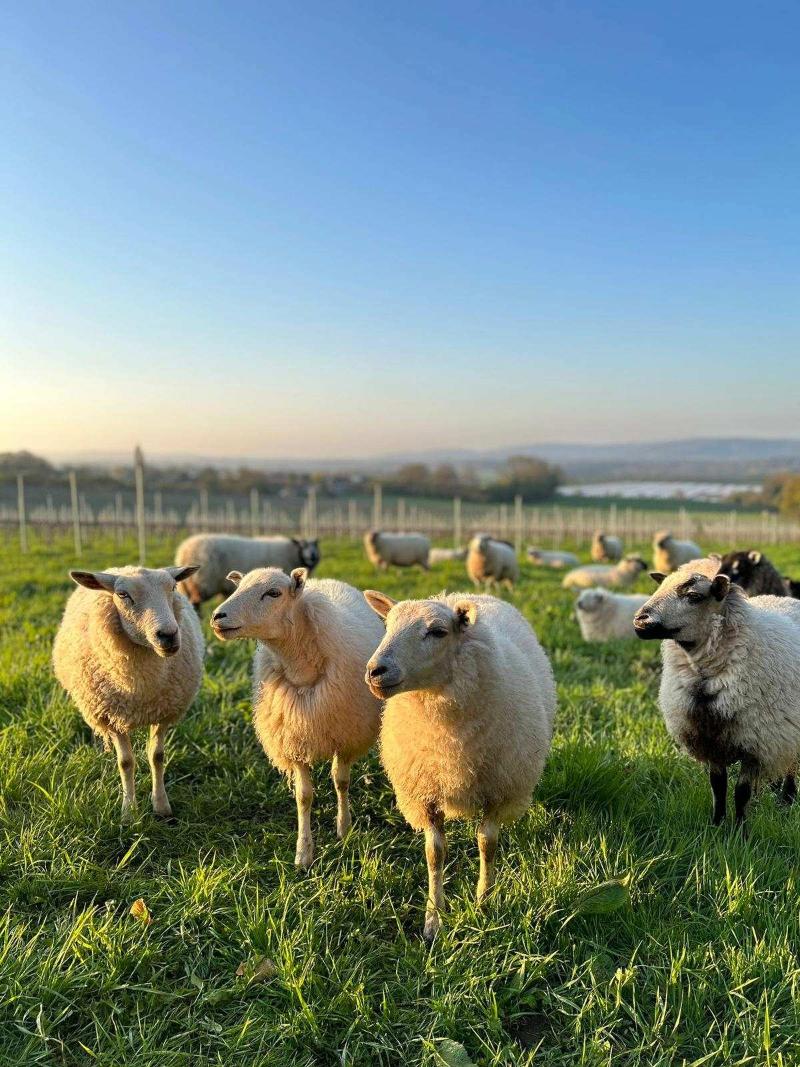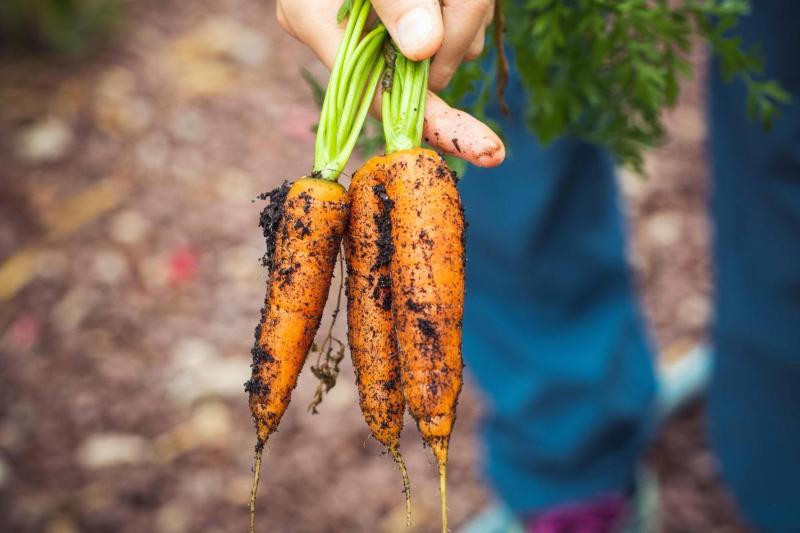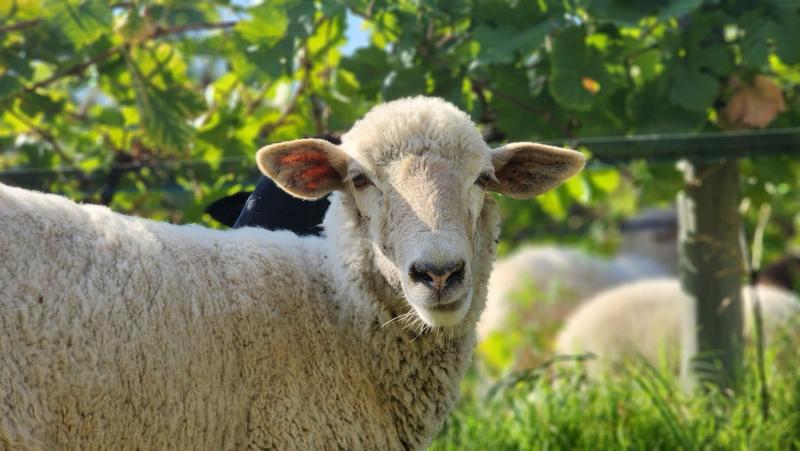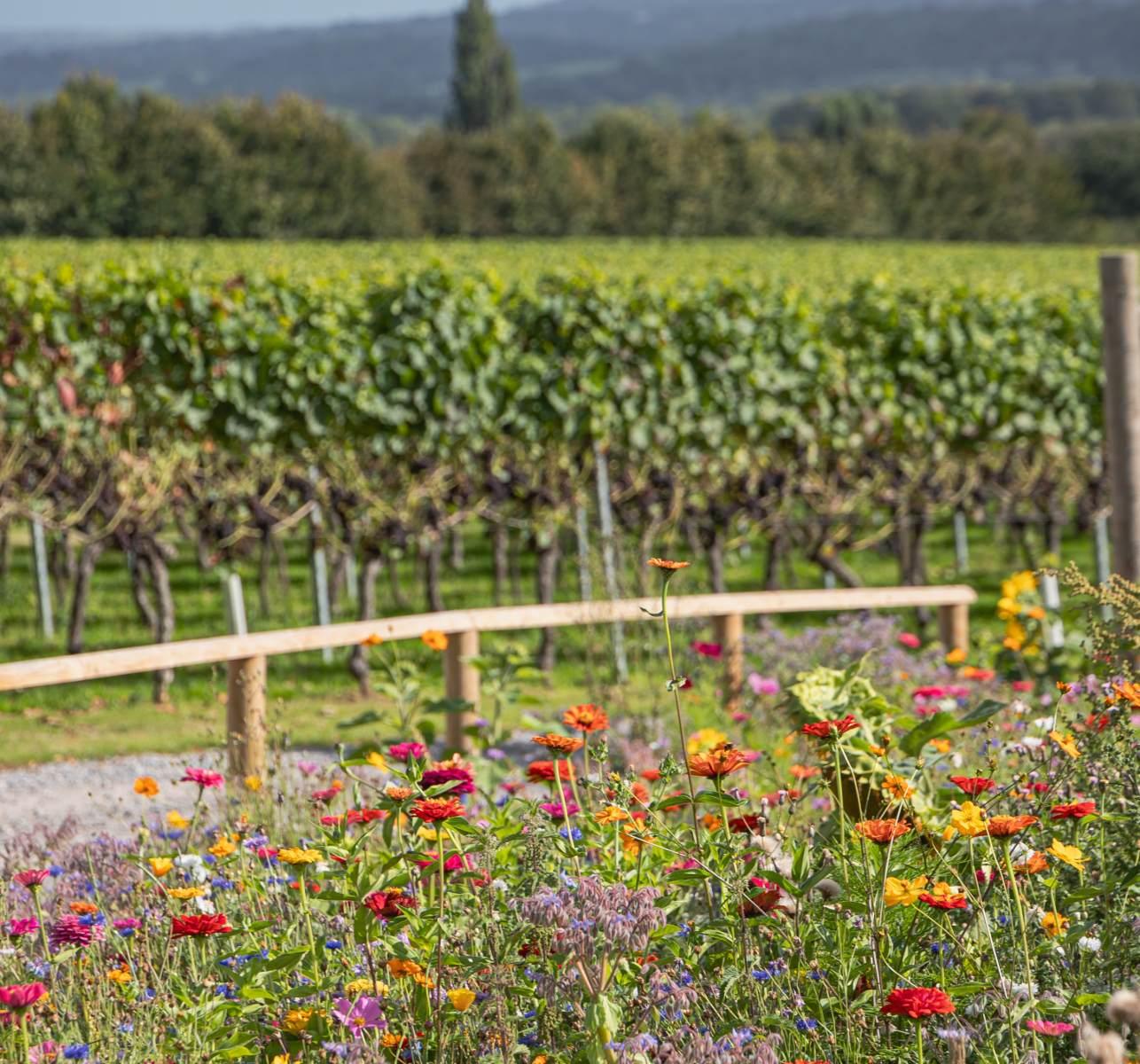There's always a moment when visiting a wine producer when they launch into their "sustainability talk." This could be just a few words about reducing herbicide use or it might involve a trip to visit an anaerobic digester. I think of it as the equivalent of the drum solo at a gig: a good moment to go to the loo!
While it is imperative that wine producers adapt to the changing climate, what remains unclear is whether sustainability genuinely interests customers. PwC's Voice of the Consumer Survey 2024, covering 20,000 consumers across 31 countries, found that 46% claimed they are buying more sustainable products to reduce their environmental impact.
But Andrew Neather, co-author of the new book Rooted in Change: The Stories Behind Sustainable Wine, commented: "The reality in terms of purchasing patterns is much less clear. I suspect far fewer are prepared to pay more for sustainable wine, though I've only heard anecdotal evidence."
According to the 2022 Kantar World Panel report, people defined as "eco-dismissers" increased by 7% from 2021 to 44% of the global population, while "eco-actives" dropped by 4% to around 22% of the global population. W. Blake Gray, writing for Wine Searcher after visiting a bulk wine show, observed that "sustainability only comes up as a topic that the trade cares about but is disappointed to learn that their consumers do not. One major restaurant wine buyer said no customers have asked about carbon footprint in the last three years."
Even more engaged wine drinkers aren't backing up their concerns with purchases when it comes to environmental matters. Tom Ashworth at Yapp Bros, which won the France Specialists award at the 2025 International Wine Challenge, found the uptake on bag-in-box format disappointing despite being "much more energy efficient than the equivalent in bottles."
As he put it: "It was a slow sell—they would rather buy Gigondas in a bottle." In contrast, Domaine Bousquet, an Argentine organic producer, reports "strong sales, with consistent growth year-on-year even as the total global wine category has declined in volume, with consumers now actively seeking out wines which are sustainable."
Michael Kennedy, CEO of Roebuck Estates in Sussex, agrees: "More and more, customers are seeking out wines that reflect their values and they're willing to invest in producers who put sustainability at the heart of what they do."
He added: "It's important for us to communicate what sustainability means in the right way to our customers, as it can still be a vague concept."
Part of the challenge lies in the bewildering array of terms: sustainable, organic, biodynamic, natural wines, and "clean wines" all mean different things to different people. Sustainability also encompasses economic and social factors such as workers' rights, though I suspect most customers remain unaware of this broader definition. Ashworth confirms this confusion: "From a customer point of view, they are much more switched on to organic."
He continued: "People who care about it, care a lot about it. 85% are not interested, they buy for other reasons." More tellingly, he adds: "I am not aware of anyone asking about our carbon footprint."
There's even evidence that sustainability might actually put people off. Henry Laithwaite from Harrow & Hope in Buckinghamshire told me that some customers think an organic wine isn't going to be as good as a conventional one.
While The Bunch, a group of independent merchants that Yapp is a member of, has a code of ethics for its members, Ashworth doesn't monitor his suppliers' sustainable credentials. In contrast, The Wine Society has gone all out, hiring a director of sustainability, Dom de Ville, in 2022. He commented: "We are increasingly asking our suppliers to meet various criteria, such as lightweight glass bottles, ensuring minimum environmental and social standards, and obtaining third-party sustainability certifications."
While de Ville insisted this doesn't make wines more expensive, certification does have costs. Caro Feely, who farms biodynamically near Bergerac, has parted ways with the regulatory body, explaining: "The Demeter certification fee was a percentage of sales across everything, including the renting of holiday accommodation." At a time when people are thinking with their wallets above all, does it make sense to add the extra costs of environmental credentials?
Meanwhile, there are various other certification schemes to provide structure to sustainability claims, such as B-Corp. However, its consumer recognition remains limited. Ashworth notes that B-Corp "works better at a B-to-B level." Yet he's not sure that "consumers have great recognition." In the "Garden of England", sales director at MCDV Henry Boyes argues: "It does not mean anything to general consumers." This suggests that sustainability may be more about relationship-building and storytelling than about specific certifications or claims.
Despite growth in sustainable wine sales, the numbers remain tiny. The organic wine market was valued at $12 billion in 2024 - just around 2-3% of the $500 billion global market.
Of course, that doesn't mean that producers and merchants shouldn't pursue sustainable practices for the right reasons: environmental stewardship and long-term viability. It's just not a selling point for most customers. People generally want wine that tastes nice with a good story and label, so don't be surprised when visitors stifle a yawn when you tell them about your carbon footprint.

Why Consumers Aren't Paying More for Sustainable Wine
Wine producers are embracing sustainability, yet consumer interest remains patchy and often superficial, says Henry Jeffreys.

Will consumers pay more for sustainable wine?









.png)









